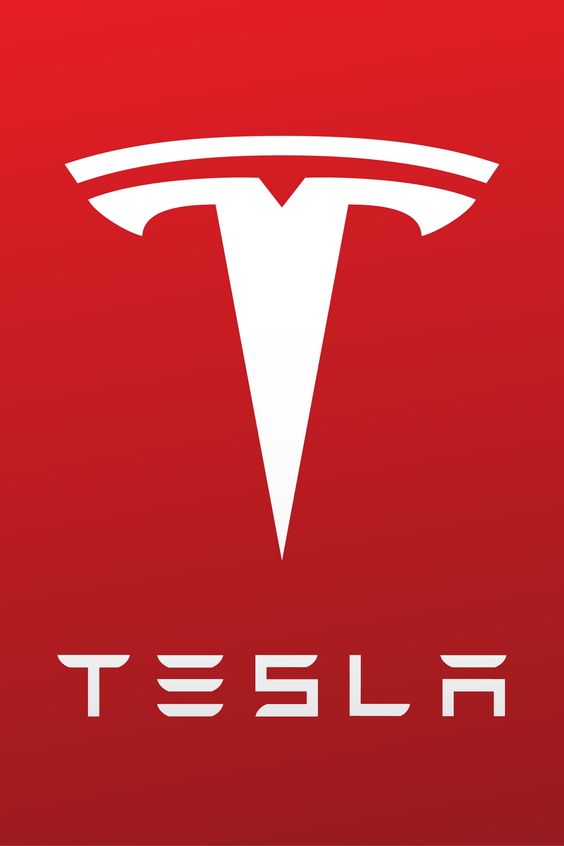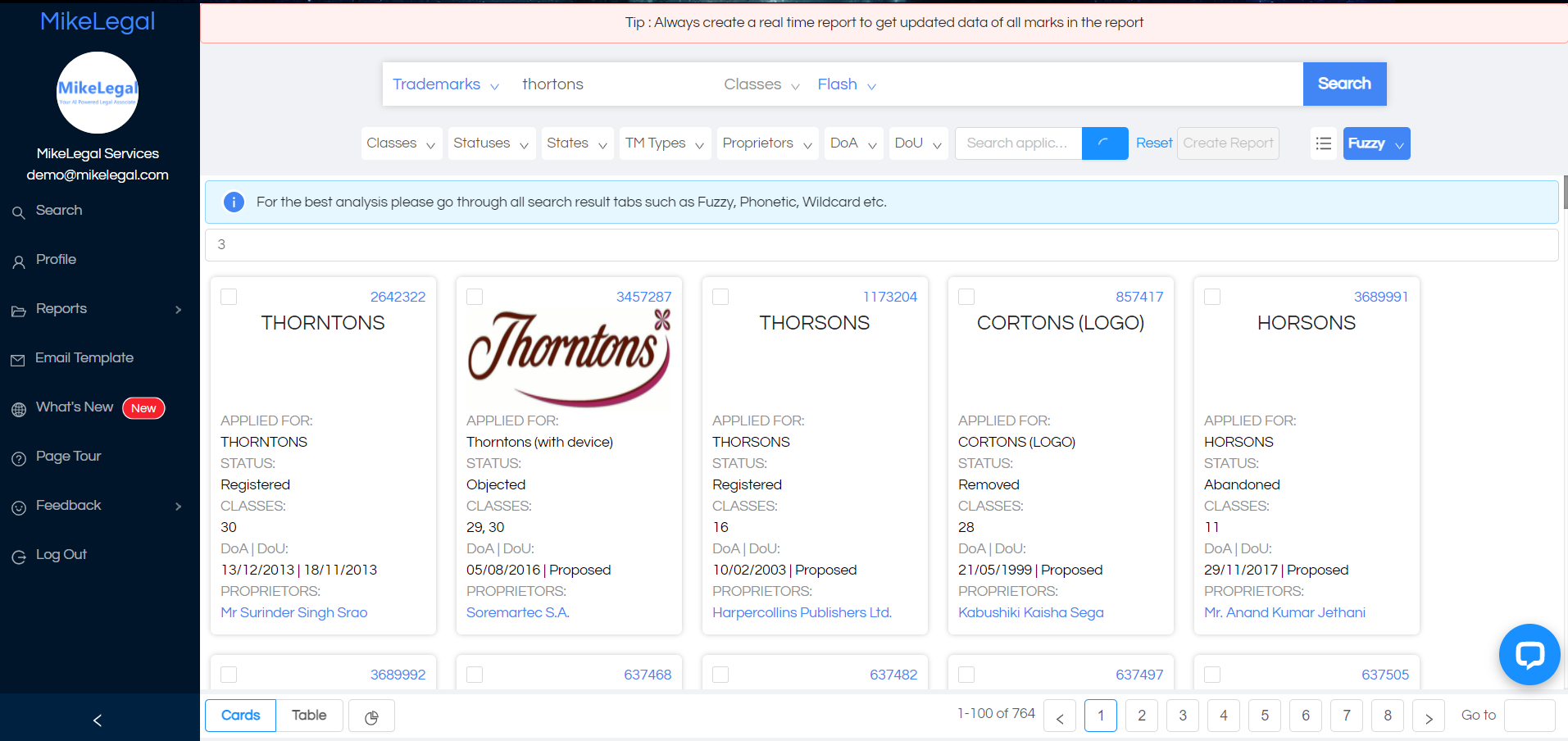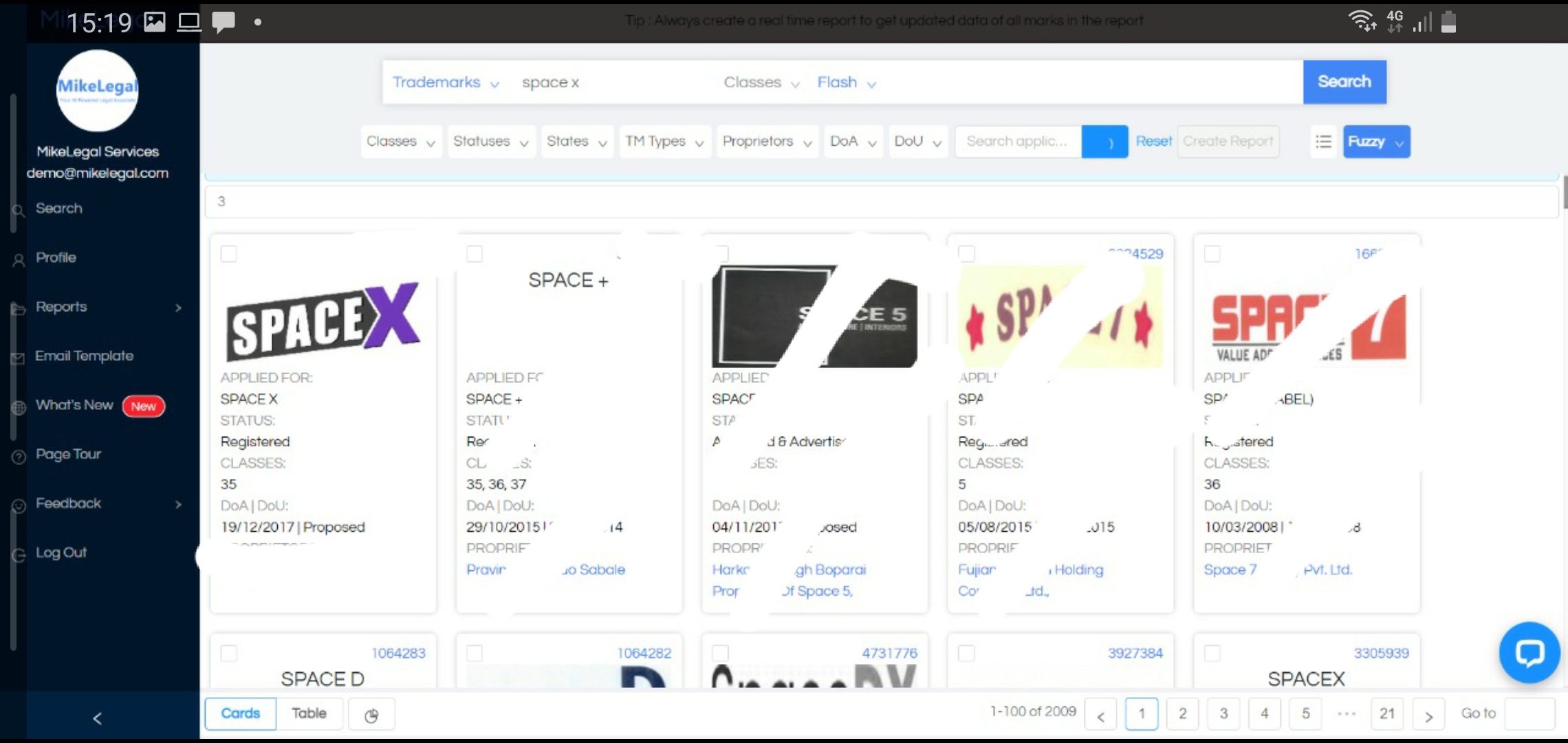The last few days have been spent combing the internet for trolls, not the unemployed sort that torment people on social media under the pretext of anonymity. Rather we were looking for trademark trolls in particular.
This type of trolling occurs when someone unrelated to a company owns a trademark that is relevant to the company to harass, intimidate, and derive benefit from them. It’s a clever, easy money-making method that may result in the original company’s goodwill and reputation being harmed and put under financial strain. Trolls utilise trademarks to exploit legitimate businesses by registering trademarks with no real intent to use them but to sell them to the original owner.
Previous Instances of Trolling


Trademark trolling fosters unfavorable conditions for investment and business establishment, which is one of the reasons why some companies hesitate to enter new markets. The tedious legal processes act as a deterrent to other companies from expanding into these markets. Trolling is particularly prevalent in South Asian markets, so several companies have to either buy the trademark from their troll or go through extensive litigation procedures to safeguard their brands. China is known to be notorious for trademark trolling, for instance in 2012 Apple had to go through several rounds of litigation with a local company in China for their ‘iPad’ trademark. Apple ended up having to pay $60 million to the Chinese company for their trademark. Tesla too had to face similar complications when it decided to launch in China and even went as far as to purchasing domain names before beginning the sale of products there.
 When attempting to establish itself in India, the well-known Swedish brand Hennes & Mauritz, more commonly known as H&M, was subjected to trolling. HM Megabrands, a local Indian brand, was benefitting from the multinational company’s reputation. The High Court of Delhi, provided H&M with much-needed relief when it ruled that the local brand shall desist from any use of their mark which is deceptively similar to the international brand’s. Another case of trademark trolling occurred when a person in India applied for a trademark for Sony’s PS5 shortly after the company announced its arrival. It was quickly retracted, but it is believed to be an obvious attempt to extract money from Sony.
When attempting to establish itself in India, the well-known Swedish brand Hennes & Mauritz, more commonly known as H&M, was subjected to trolling. HM Megabrands, a local Indian brand, was benefitting from the multinational company’s reputation. The High Court of Delhi, provided H&M with much-needed relief when it ruled that the local brand shall desist from any use of their mark which is deceptively similar to the international brand’s. Another case of trademark trolling occurred when a person in India applied for a trademark for Sony’s PS5 shortly after the company announced its arrival. It was quickly retracted, but it is believed to be an obvious attempt to extract money from Sony.
Effect on International Brands trying to Enter New Markets
From the mentioned instances it can be understood that foreign companies have to face complex IP issues when they are entering new arenas adding to that is the menace of trademark trolling. At present, some famous brands are yet to enter the Indian market and have no trademark protection in the country, but, if one looks up their trademark information, someone has it registered in their name. This was found to be the case for British Chocolate brand Thorntons where the trademark was refused to them as it was already registered in another’s name, and British Bakery chain, Greggs where an individual owns the trademark for ‘Gregg’, and Grocery store chain Tesco. Even luxury Italian fashion house Maison Valentino has two different individuals who own trademark rights over the terms ‘Marco Valentino’ and ‘Mario Valentino’ respectively. Space X, too, has been trademarked by an individual amongst other international companies.


This practice is solely born for profit-making for the owner of the trademark with no thought of consequence for the legitimate company. Most such cases arise out of countries that register trademarks on the principle of ‘first to file’ rather than ‘first to use.’ Although ‘first to use’ still does not provide brands with watertight safeguards for their marks and they can be victims of trademark trolling as a lot of applications for marks are filed on ‘proposed to be used’ grounds.
Concluding Remarks
Trademark trolling may not be unlawful but it is an unethical and bad business practice. From all the incidents of trolling mentioned in the article, it can be gathered that foreign businesses go through many complex procedures along with problems like clearing bureaucratic red tape, etc, when they are expanding in other markets. Adding to this the activity of trolling can discourage them as it reduces the ease of doing business in that environment. International businesses bring in foreign exchange and when that is not happening due to trolling, which leads to long drawn litigations, it affects the economy. Thus, it is necessary to adopt intellectual property specific legislation that deals with issues like trademark trolling with a focus on promoting a business-friendly economic environment to attract international companies.
Image sources –
- iPad https://store.storeimages.cdn-apple.com/4668/as-images.apple.com/is/ipad-air-select-wifi-spacegray-202009?wid=470&hei=556&fmt=png-alpha&.v=1598650646000
- Tesla logo https://i.pinimg.com/564x/f5/5e/95/f55e95f5677d2cb3bea922599667b6db.jpg
- H&M logo https://www.mondaq.com/images/article_images/785332a.jpg
References –
- https://www.mondaq.com/india/trademark/808562/the-menace-of-trademark-trolls
- https://www.lexology.com/library/detail.aspx?g=18eb14d5-a367-4119-8e23-2abb9166c2fc
- https://legal-patent.com/trademark-law/hm-wins-trademark-dispute-hm-megabrand/
- https://spicyip.com/2020/11/trademark-trolls-perspectives-pitfalls-and-the-way-forward.html
- MikeLegal Trademark Search